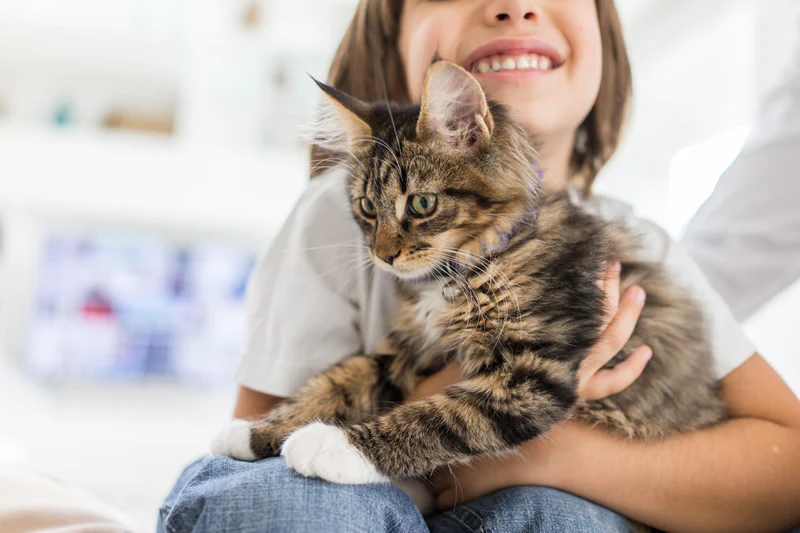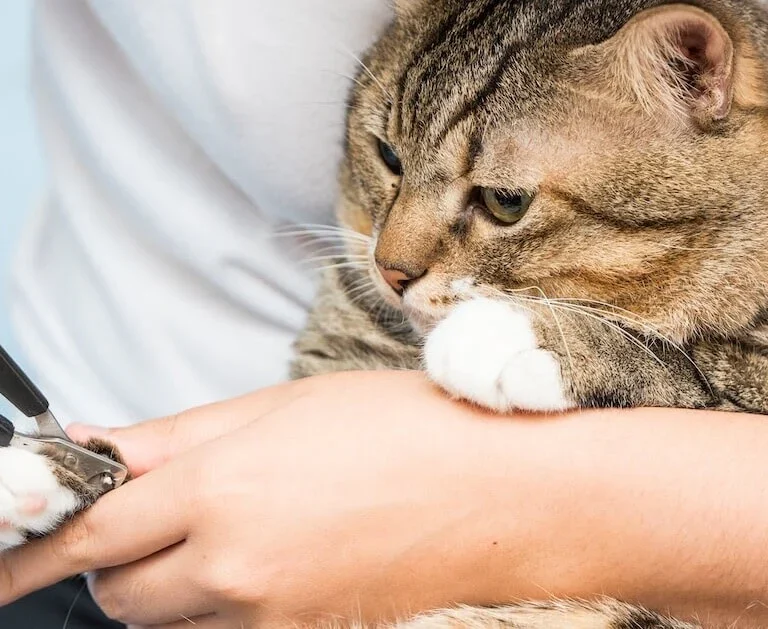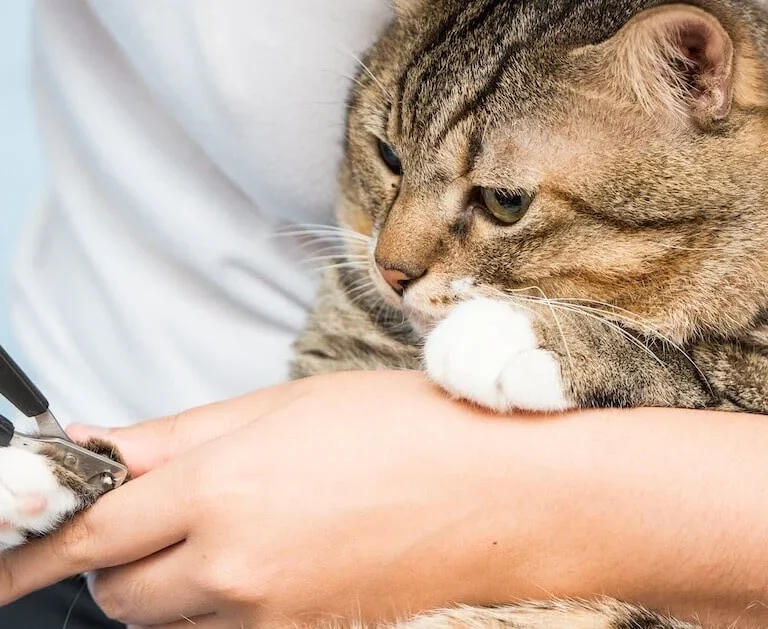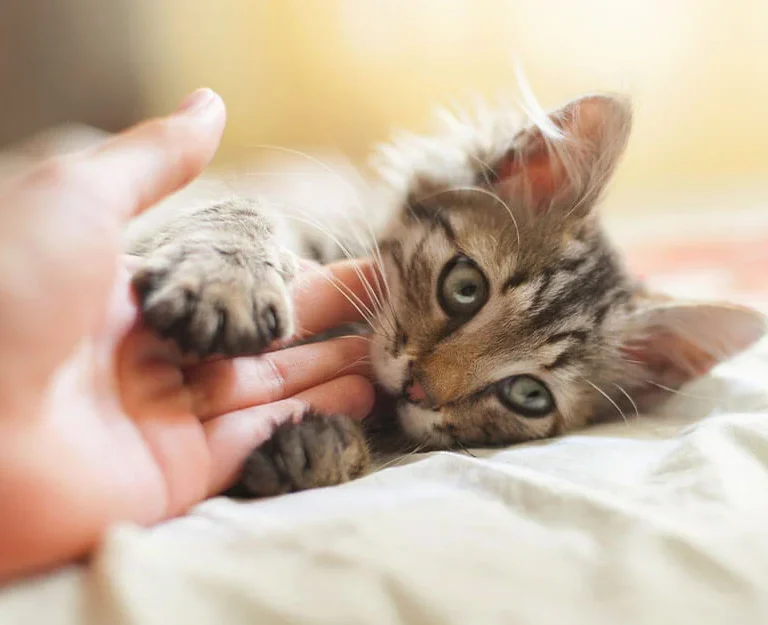Kitten Care Tips For New Owners
Cats are destructive and can need boundaries taught. You can help your kittens understand the rules by gently correcting inappropriate behavior.
Provide your kitten with a home that they can call their own by providing them with food, water and a bed. Consider buying a cat-tree. Brushing your kitten is a fun way to get them used to being handled.
Feeding
Kittens are curious animals that adapt to their new environment quickly. Kittens are naturally curious creatures, and they adapt to new environments with relative ease.
You should begin handling your kitten as soon as possible. This includes lots of gentle strokes and cuddles. Make sure your kitten is used to being handled, and that their ears, eyes, and other body parts are checked. They should also be familiarized with the noises and movements associated with visits to the vet.
Playing with your kitten will help you to reinforce the right behaviors and build strong bonds with them.
Grooming
Grooming is essential for the health and wellbeing of kittens. Grooming removes dead fur and hairballs, and helps maintain healthy skin and coat. Be sure to groom your kitten early (2-7 weeks) using gentle strokes all over their body and head while giving lots of praise. If they get nervous, stop the session immediately.
New owners often overlook skin problems like rashes, bald patches or teeth issues. Grooming sessions are a great way to find out. Grooming sessions give new owners the chance to check if their dog is eating properly. If not, they can switch to wet or a different type of food.
Scratching posts can be used to protect furniture from claw marks and satisfy your cat’s natural instincts. Scratching it yourself is a good way to set an example. It also helps them understand how it works.
You’ll also need a litterbox, paper towels, and pet-safe cleaning products. Teach your new pet how to properly use the litter box before bringing it home. Plan on cleaning and maintaining the hygiene of this box regularly.
Training
Cats should be taught to use a litter box, sleep on a bed, and interact more with humans than other animals. Before leaving home, cats must be microchipped or neutered to ensure they are identifiable and prevent unwanted litters.
Playtime is the best way to socialize kittens so that they feel comfortable with people. Praise and treats can be used to reinforce basic commands, and correct undesirable behaviors such as biting or scratching. This will not scare the kitten/cat or prevent them from learning. You should always remember that punishing kittens/cats will only scare them more and prevent learning.
It is best to confine your kitten in one room until they are familiar with the environment. This will make them feel more secure and safe, and avoid stressful interactions with other animals. They can also establish their own territory, which should include separate areas for sleeping, eating and eliminating (litterbox).
Introduce your new kitten to your other pets if you have them in your home. You can do this by engaging with them through supervised interaction. Put a blanket with their scent in their bed and the new kitten’s so that they can better recognize each other.
Health Care
Kittens need lots of attention but you can enjoy helping them thrive with the right planning. Stock up on kitten toys, paper towels and animal-safe cleaning products. Also make sure you have a large carrier that allows them to move around freely. Set aside an area of the house that is off-limits until your kitten is well established and you feel comfortable sharing it with other pets or kids.
Kittens need a diet that is tailored to their stage of growth and age. Start with wet food, as it is easier to digest. Gradually transition to dry food when they are older. Your veterinarian can help you create a vaccination plan for your kitten, and recommend services such as deworming, sterilization, or general health needs.
Playing with your kitten every day will help them get to know you and tire them. To stimulate their playful nature, string toys, wands, and catnip can be used.
It can be a bit more difficult to introduce new kittens with existing pets, but it often requires careful timing and coordination. Most cats and kittens will live in harmony if introduced at the right time. Monitor the initial encounters carefully; only intervene if aggression is evident.







